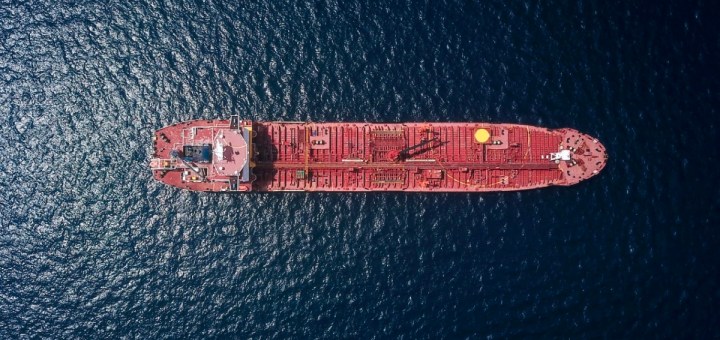
Oil production curbs arrest surge in floating storage charters
The take-up of tankers hired for both clean and dirty floating storage is yet to reach the levels forecast last month, when the size and scale of the crude demand collapse stoked fears that land-based storage was strained and the crude price plunged to 18-year lows
Short-term time charter deals are unlikely to immediately materialise this week as everyone in the oil industry waits to see whether production will be curbed to let prices rise again
GLENCORE and Trafigura are leading global oil traders chartering long range two tankers for storage of refined products amid an accelerating global surplus of gasoline, jet fuel, and diesel.
But further short-term time charter deals are unlikely to immediately materialise this week, after the world’s key oil producers led by Russia, Saudi Arabia and the US signalled a possible agreement to curb global crude production by as much as 15%.
ST Shipping, the transport entity for Glencore, chartered two tankers for between 120 days and 180 days’ storage last week, according to reports from shipbrokers. Royal Dutch Shell and Litasco — Lukoil’s marketing arm — were also identified as each chartering an aframax-sized ship for periods of three to six months over the past seven days.
The take-up of tankers hired for both clean and dirty floating storage is yet to reach the levels forecast last month, when the size and scale of the crude demand collapse stoked fears that land-based storage was strained and the crude price plunged to 18-year lows.
“All time-charter deals of storage and contango plays either failed or are being scrutinised very carefully,” London shipbroker Braemar ACM said in its weekly emailed report.
“It is not all doom and gloom, despite oil cuts in production signalling less tanker demand. The oil will have to go somewhere, global storage tanks are filling up and refiners are reportedly turning away additional barrels as demand for refined products from petrol to jet fuel takes a hit.”
With any decision on a production cut between the key countries now postponed until Friday, further deals await clarification on whether oil producers will agree to curb record output.
Some 130.9m barrels of crude is currently tracked in short-term storage of 20 days or less on 93 tankers, according to data from Lloyd’s List Intelligence. That’s close to the record of 131.6m barrels tracked two weeks ago.
However, the figure is inflated by Iran’s national tanker fleet, National Iranian Tanker Co, which cannot trade due to US sanctions and is storing crude and condensate on its tanker fleet, which includes 36 very large crude carriers.
Middle distillate markets are broadly in contango, when the future price is higher than the spot price, with traders able to buy now and take a futures position for sale at a profit, while placing the physical cargo in storage. Jet fuel and gasoline have plunged in price as demand for air and land transportation has collapsed, with onshore inventories quickly rising.
“If you are able to find free tank capacity now you can make a fortune,” said Insight Global, in an April 2 report into the onshore tank industry. Commercial tank capacity at the Amsterdam-Rotterdam-Antwerp, US Gulf coast, Fujairah and Singapore hubs was around 75%, the Netherlands-based petroleum research company said. It would take almost four months for tanks to “reach tops”, assuming a 10m bpd drop in demand, according to the report.
LR2 rates have soared on the benchmark route to Japan, amid floating storage speculation. Earnings to ship 90,000-tonne cargoes of refined products from the Middle East Gulf. To Asia are equivalent to $65,500 daily according to the Baltic Exchange. This rate was at $4,000 daily in late January, before coronavirus was declared a pandemic.
Average rates gained 20% for larger product tankers over the week ending April 3, with increases of 5% seen for smaller, medium range tankers, which dominate the sector.
Of the 25 aframax period charters reported for 12 months or less over the past two weeks by oil traders, three directly reference the fact that they will be used for floating storage. A further 11 vessels were hired for periods ranging from 30 to 60 days, or up to 180 days, suggesting they could also be used by this purpose.
Rates to take aframax tankers for short-term periods were reported as high as $45,000 and $50,000 daily. Litaso chartered the LR2 Elka Athina for 150 to 180 days floating storage, while Shell’s shipping arm paid $50,000 to charter the Fos Athens for 60 to 120 days, and $52,000 daily to extend that to 180 days after the first four months.
From Michelle Bockmann published April 6, 2020
